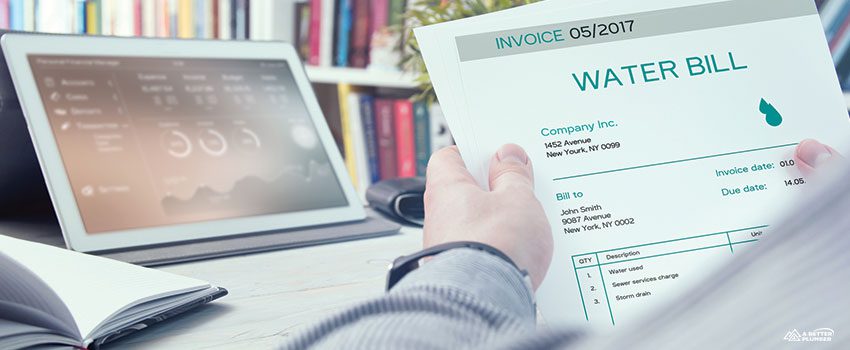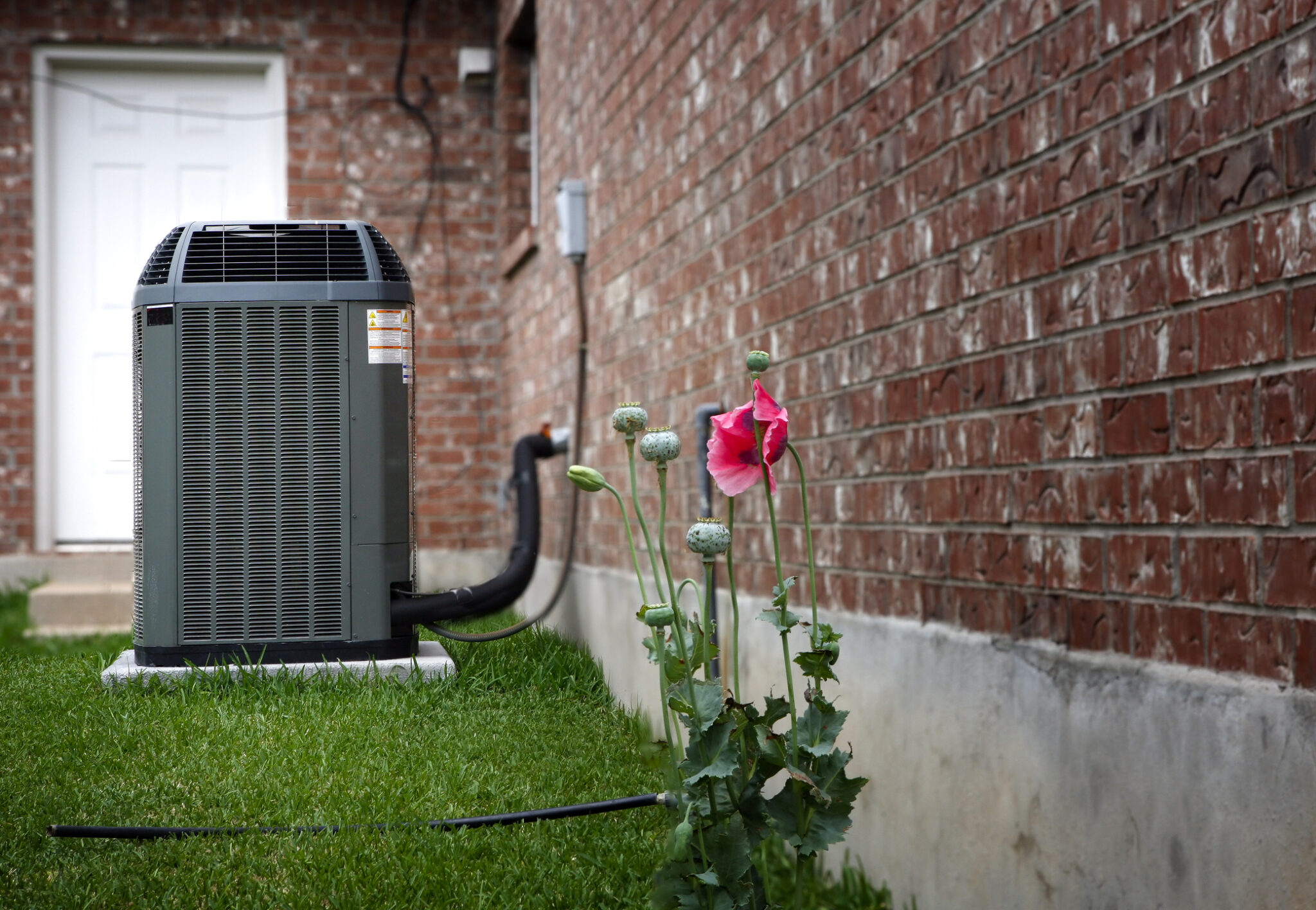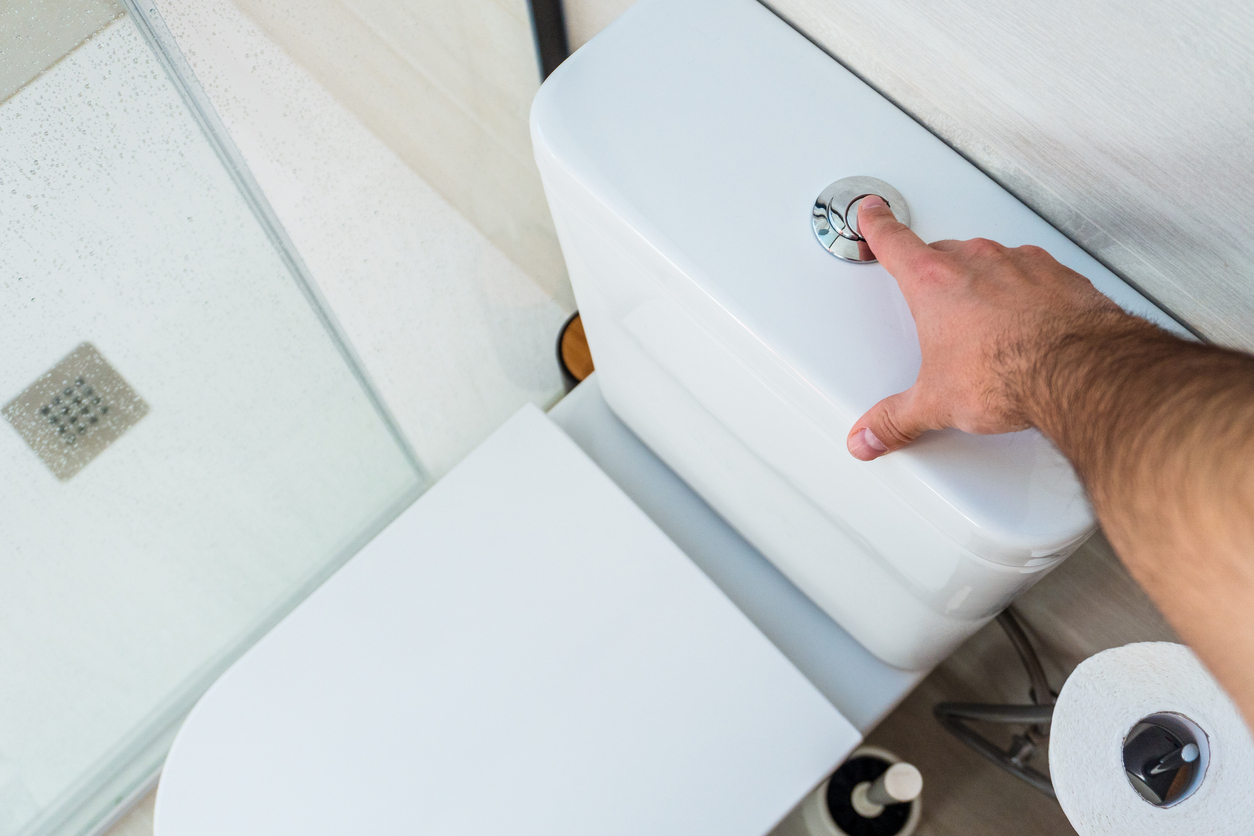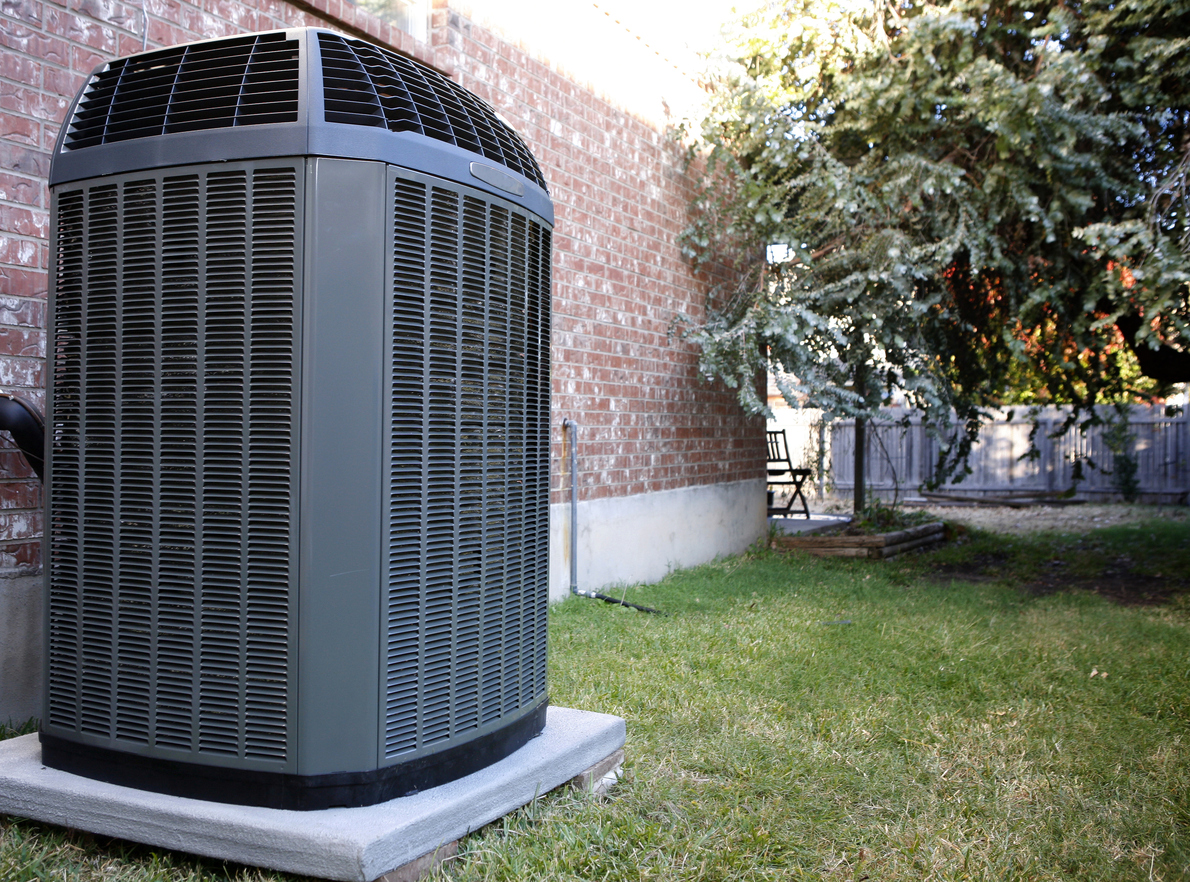10 Plumbing Issues that Can Lead to a High Water Bill

Water is an essential resource for everyone, but the way you are charged for using it can be a concern at times. This becomes especially true when you get to receive an unusually high water bill. The added and unexpected cost not only affects the family budget, it also creates unwanted suspicion about how water is being consumed in your home.
Water Bill Charges
Typical water bills present the fees that water utilities charge against their customers. These are normally used for the construction and maintenance of various water infrastructure, and include water storage tanks, treatment facilities, underground pipes, and water supply distribution systems that deliver water to homes and businesses. The collected amount also serves as compensation for workers who provide water service to consumers day in and day out.
For their water rates, many utilities often have two sets of fees that they charge against their customers, namely, the fixed fee and the variable fee. These are apart from the different rate structures designed by the water firm for every customer type.
1. Fixed Fee
This is the amount a customer pays to maintain existing infrastructure, and to repay loans and bonds that water utilities used in building it. This is usually a fixed or constant monthly charge.
2. Variable Fee
This refers to the amount customers pay in exchange for the volume of water that they consume and is often referred to as the normal water usage per month. However, the charge can also include the costs for treating water so it comes out safe as well as the expenses involved in delivering water to the intended consumers.
Plumbing Issues that Result in High Water Bills
An increase in water bill charges could be due to several factors, although many of these often have something to do with your plumbing system. Regardless of the reasons, it is important that you find the root cause and work on resolving it quickly so you’ll have lower bill charges when the next meter reading comes around.
Below are the common high water bill causes:
1. Leaky Faucets
A common reason for high water bills is a leaky faucet fixture. This type of leak is often due to a faulty rubber washer located in the handle area. Replacing this with a new one should stop the leak, a job you can do on your own, but for best results, you can opt for the services of a professional plumber.
Some people think that faucet leaks are minor plumbing problems that can be left alone. However, research shows that a faucet that leaks at about a drop per second wastes at least 17 water gallons in just one day.
2. Leaky or Running Toilets
Another common plumbing problem that often leads to high water bills is a leaking toilet. About 31 percent of residential indoor water usage in the US happens in the toilet, so a leak is always a possibility. When it happens, at least 6,000 water gallons can be wasted per day.
For running toilets, the cause is usually a defective flapper in the tank. This tends to become brittle over time because of the buildup of minerals and chlorine in the water, resulting in a poor seal.
3. Leaky Washing Machines
The home washing machine quietly sitting in one lonely corner could be leaking but you’re not aware of it. To confirm a leak, check the floor surrounding your washing machine because you’ll likely find a stain underneath.
4. Lateral Line Leaks
Sometimes, a crack in one of the underground pipes that supplies water to your home from your metered connection is the cause of the leakage. In this case, the cause could be tree root intrusion, aging pipes, and seismic activities.
Underground plumbing leaks can appear to you in many different ways. Inside your house, you’ll notice rust-colored water coming out of the faucet. Outside, a sinkhole could start developing in one part of your yard. Meanwhile, other areas may be damp or mushy when compared with the surroundings.
5. Old or Outdated Fixtures or Toilets
This normally involves old houses with equally old plumbing fixtures. If you just bought or are thinking of buying this type of house, you’ll need to conduct a few investigations.
Check the faucets, toilets, and showerheads to see if these have undergone repairs or if they have retained the original design since the house was first built. If it’s the latter, then you may need to consider getting more modern fixtures like faucet aerators, low-flow toilets and water-efficient showerheads if you want to avoid receiving a high water bill.
6. Irrigation Leaks
If you think leakages occur only inside your home, then you have yet to hear about irrigation leaks. In the urban setting an irrigation system can be put up for landscaping purposes, as in the case of lawns.
Over time, a line or joint in this irrigation system could break, causing water to leak, even if the system is turned off. Looking for the leak can be difficult in this case, especially since most irrigation lines are hidden from view.
Check your lawn for any unusually wet patches or areas that appear greener than the rest. These are clear signs that there’s a leak in your irrigation system. A professional plumber will be needed to locate the source of the leak, fix the damaged irrigation line, and eliminate one of the reasons for high water bill charges.
7. Leaking Water Heater
Water heaters should regularly be inspected so you can check if there are potential problems that you should worry about. The inspection should not be limited to the heater though as the surrounding floor is the one that needs to be examined.
Other than that, there are a few other signs that will tell you that your heater may be leaking. These include a longer than normal heating time and a loud rumbling sound.
8. Faulty Water Softener System
Water softener systems have built-in mechanisms that allow for periodical washing using freshwater. At times, however, after the washing process, the backwash valve malfunctions and remains open, causing water to flow into the sewer system continuously.
This not only results in a lot of water wasted, it also leads to an increase in your normal water usage per month. Check the system settings and see if you can make the needed adjustments. Otherwise, it’s best to call a professional to resolve the issue.
9. Broken or Faulty Water Meter
Cases of meter misreading are not that many, but they do happen. If you think that your high water bills are due to a meter defect, you’ll need to contact your water company so they can conduct an inspection. Alternatively, you can hire a plumber who can perform a water meter test.
10. Seasonal Charges
The increased charges in your water bill may not be entirely due to any unseen plumbing issue. Rather, it has something to do with the change of the season. This is obvious during the summer months when people are more active with watering their gardens, filling in their swimming pools with water, taking frequent baths, and running the sprinklers more often.
All of these activities involve the use of water; hence, the sudden increase in your water bill. Clearly, this will not require any plumbing repair as there’s no problem that needs to be resolved. All you can do is to console in the fact that this is one of those temporary high water bill causes.
Contact Absolute Electrical Heating and Air for Help in Lowering Your Water Bills
If your plumbing system is defective, it can result in higher water bill charges. Call Absolute Electrical Heating and Air to fix your plumbing so you’ll get a lower bill in the succeeding months.
Our plumber in Denver is just one of our many plumbing experts who can ably help you and even share tips on how to save on your water bill. Call us now and learn about our wide range of plumbing services.
CONTACT US
Request Service


Save Every Year with an Absolute Advantage Membership
Expert Annual System Safety Inspections & More
- Priority service
- Waived dispatch fees
- Yearly furnace, A/C, & electrical system inspections
- 10% discount on repairs and additional diagnostic services
- Up to $500 off HVAC & electrical panel replacements







